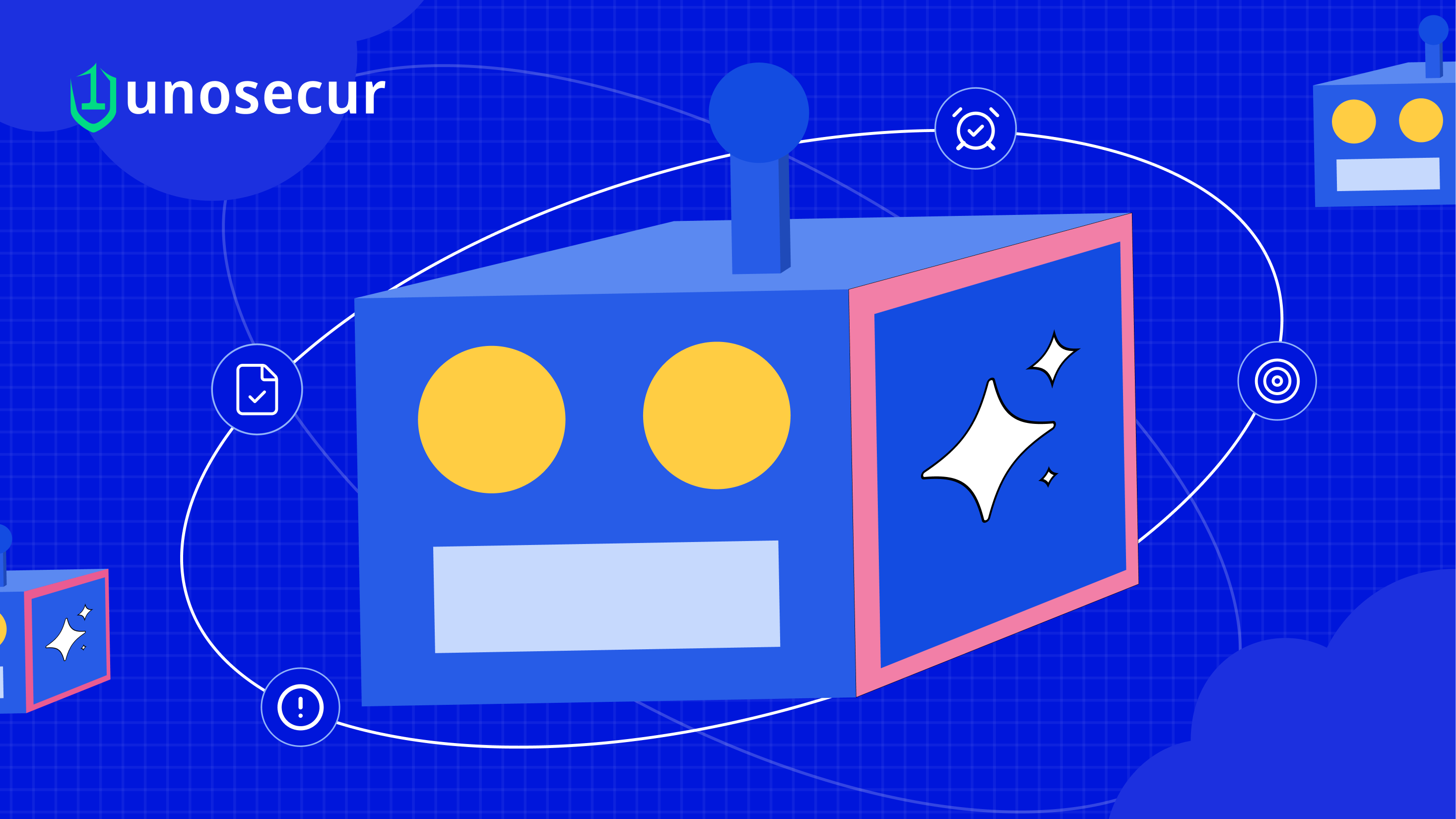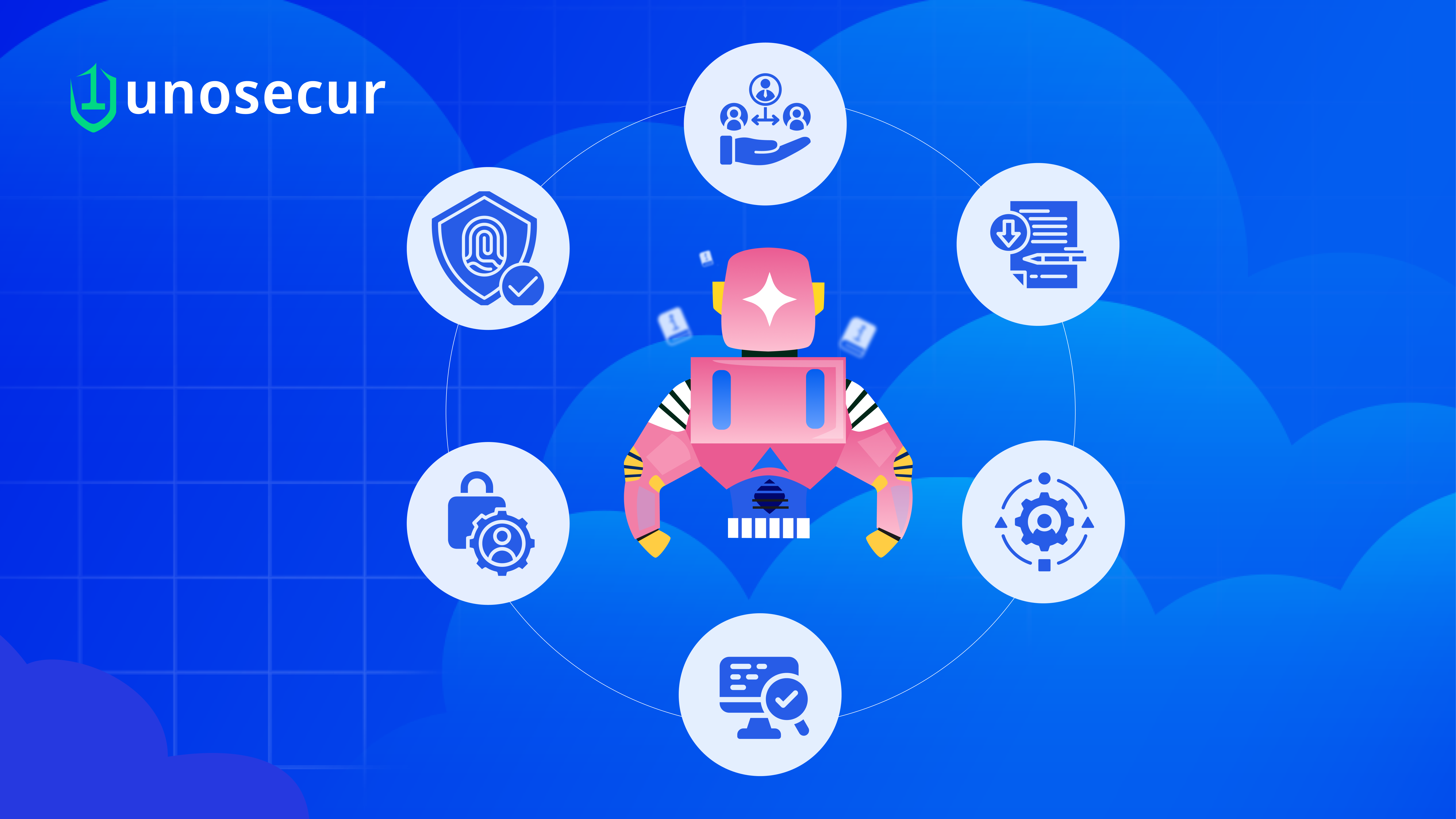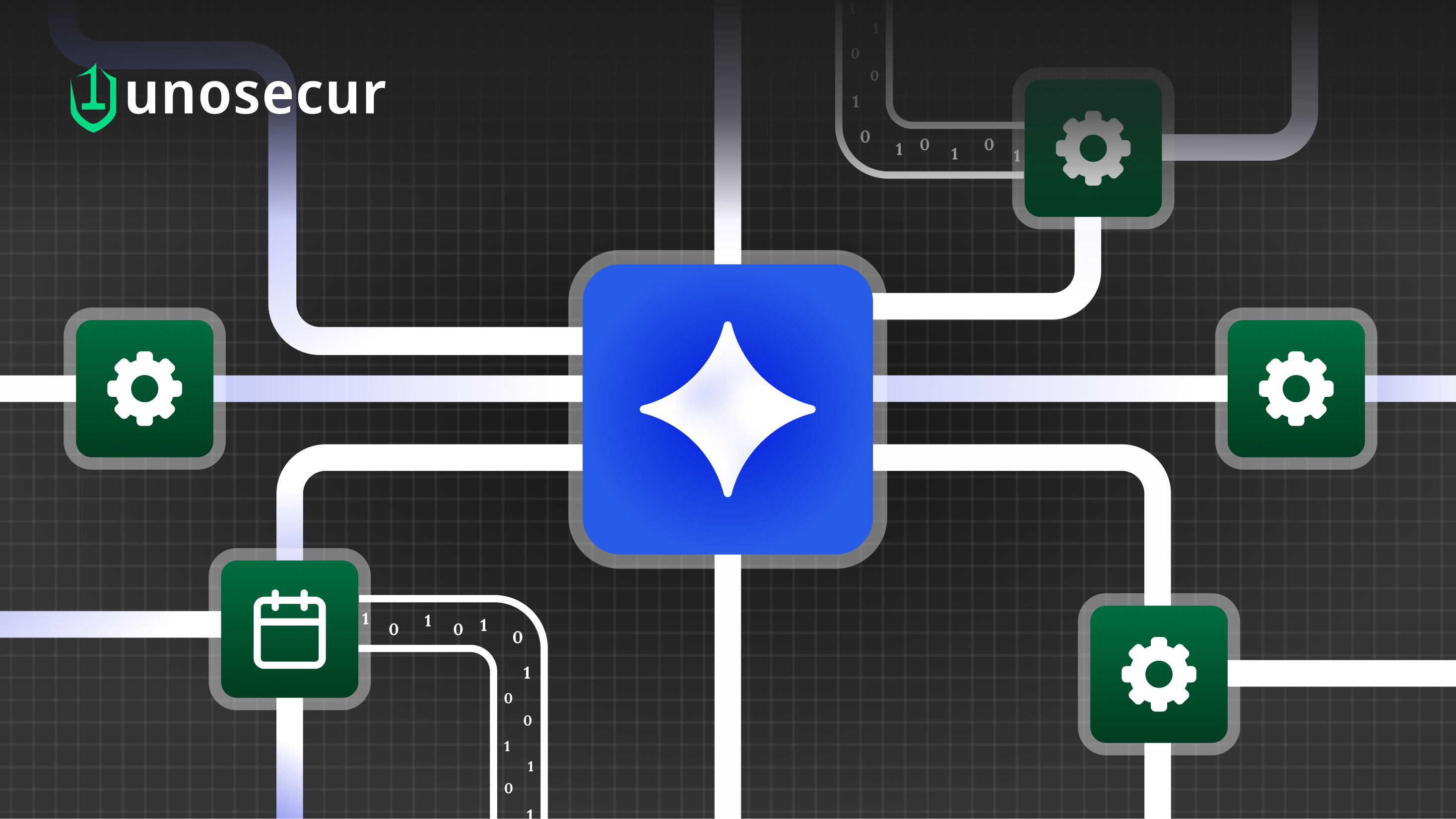Identity related security controls - How unosecur helps prevent Identity related attacks

What are Identity-related attacks?
An identity-related attack is a cyberattack that focuses on gaining illegal access to networks, data, or other resources by exploiting flaws in an individual's identification or authentication credentials. Some common identity-related attacks include:
- Identity theft
An identity theft occurs when a user's personal information is stolen and used to open false accounts, gain credit or loans, or perform other types of fraud.
- Phishing
Phishing is a type of social engineering assault that seeks to deceive victims into disclosing their login credentials or other sensitive information. This can be accomplished through the use of emails, text messages, or other kinds of contact that look legitimate but are actually fraudulent.
- Session hijacking
In session hijacking, an attacker takes a user's session ID in order to impersonate the user and access their account or resources.
- Password cracking
To guess or break passwords, attackers employ various approaches including, but not limited to, dictionary attacks, brute-force assaults, and rainbow table attacks. They can obtain access to a user's account and any resources linked with it, once they know the password.
- Man-in-the-middle attacks
Man-in-the-middle (MITM) attacks occur when an attacker intercepts a user's connection with a server, allowing the attacker to steal the user's authentication credentials or change the data being transferred.
- Credential stuffing
This occurs when attackers use stolen usernames and passwords to attempt to log in to other sites and services using the same credentials, taking advantage of users who reuse passwords across many accounts.
How can Unosecur prevent these identity-related attacks?
To prevent these identity-related attacks, you must use strong passwords, activate multi-factor authentication, monitor and evaluate your account activity on a regular basis, and remain up to date on the newest threats and attack strategies. It is also critical to use caution when disclosing personal or sensitive information online and only to utilize reputable sources and services.
Why is Identity-related security important?
Identity-related security measures are necessary because they mitigate a wide range of security risks while also lowering the risk of unauthorized access to systems, data, and other resources. The following are the reasons why these controls are important:
- Provide protection against identity theft
- Ensure authorized access
- Avoid insider attacks
- Comply with regulatory requirements
- Safeguard an organization's reputation
Unosecur’s role in mitigating identity-related attacks
Unosecur is a cloud security platform that enables enterprises to address difficult IAM-related challenges at a scale in under 15 minutes. We help organizations scale their identity permissions accurately, based on user activity. Unosecur provides the following features to mitigate Identity-related attacks on AWS, GCP, Azure, and other SAAS platforms like GitLab, GitHub, etc.
Centralized Identity Dashboard
Our centralized dashboard provides you with precise information about your identity. For example, who is active, who is inactive, and who has what permissions? Furthermore, the major highlights of the dashboard are that it highlights the risk trends and score, policy overview, and the average policy per user. It also specifies which users and roles have administrative privileges, the number of administrative and programmatic users, the total number of groups and the number of groups with admin privileges, and more.


IAM Analyzer
Our IAM Analyzer is one of the significant capabilities that allows us to evaluate User and Role privileges. It is divided into two sections: Actions and Services. We have further classified the Action into Granted, Executed, Excessive, and High Risk. Services are classified as Granted and Executed. It also allows you to right-size the actions for a specific user for a certain service.


Entitlement Management Controls
You can adjust the identity permissions based on the activities of a user, for a specific time duration, using the Just Enough Privilege (JEP) feature. You can also provide permission to a user for a certain time period under the Just In Time (JIT) feature. You can also use our No-code workflow Policy Generator to easily build your own policy from scratch.
Example: How to provide S3 total access for a particular period of time.

The policy will appear as below:
Conclusion
The dashboard will help you discover the threats/risks in real-time and the IAM Analyzer and the EM controls will help you mitigate said threats/risks as well. We hope the above article has helped you understand why Identity and Access Management are critical. Want to learn more about us? Get a demo here and learn more about Unosecur!
Don’t let hidden identities cost you millions
Discover and lock down human & NHI risks at scale—powered by AI, zero breaches.



